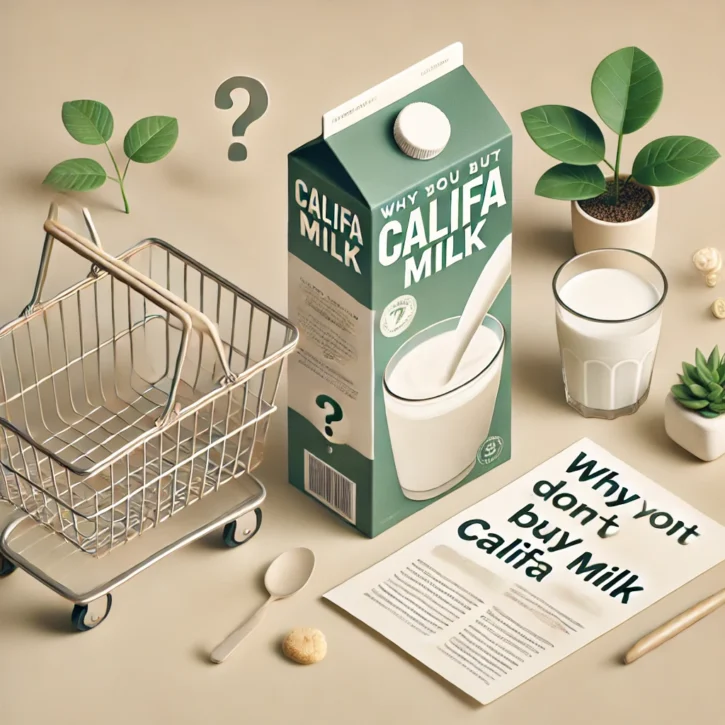Califa milk, a popular plant-based beverage, has made waves in the non-dairy market. However, some consumers question whether it’s the right choice for everyone. This article delves into potential concerns surrounding Califa milk and helps you make an informed decision.
1. Ingredients and Nutritional Concerns
- Added Sugars: Some varieties of Califa milk contain added sugars, which may not align with a low-sugar diet. Always check the label for unsweetened options.
- Nutrient Fortification: While fortified with calcium and vitamins, these nutrients may not be absorbed as effectively as those in dairy milk.
2. Environmental Impact
- Almond Farming: If it’s an almond-based Califa milk, concerns arise over the environmental toll of almond farming, including high water usage and pesticide runoff.
3. Allergies and Sensitivities
- Nut Allergies: Almond-based Califa milk is unsuitable for individuals with nut allergies.
4. Cost Factor
- Califa milk can be more expensive than other non-dairy alternatives like oat, soy, or coconut milk. Budget-conscious consumers may prefer more affordable options.
Alternatives to Consider
- Oat Milk: A sustainable and creamy alternative.
- Soy Milk: High in protein and nutrient-rich.
- Coconut Milk: Ideal for those seeking a nut-free and dairy-free choice.
Conclusion
While Califa milk has its merits, it’s essential to evaluate its suitability based on your dietary needs, environmental concerns, and budget. Exploring other non-dairy options may offer better alignment with your preferences.






